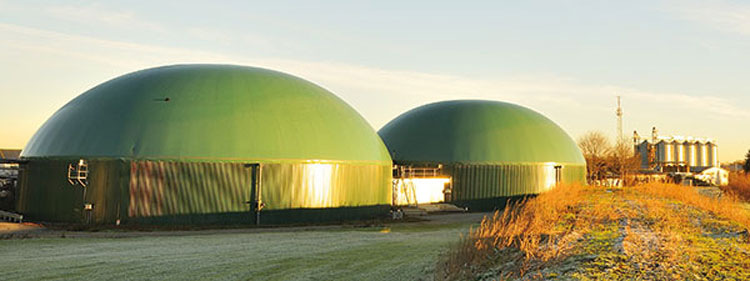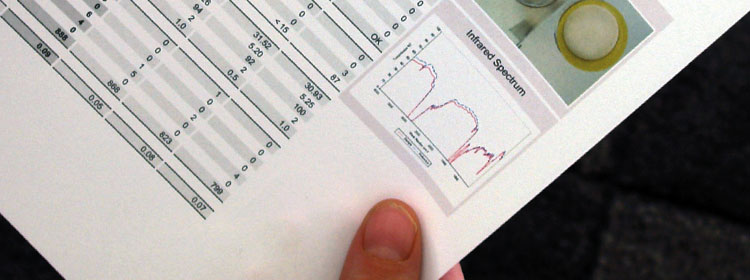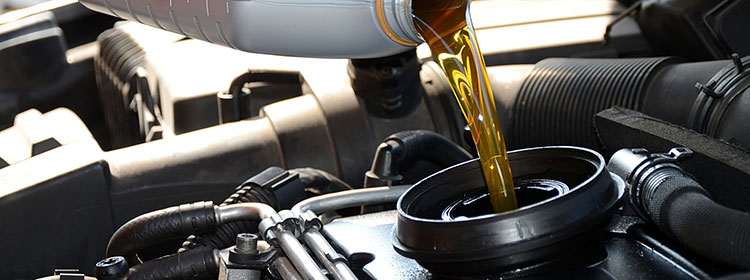Efficient lubrication and precise oil monitoring – the key to longevity for stationary gas engines
Stationary gas engines are the heart of modern combined heat and power plants and biogas plants – they generate energy reliably and in an environmentally friendly manner. Proper lubrication and precise oil monitoring play a crucial role in ensuring the performance and service life of these engines.
In our specialised seminar, you will learn everything you need to know about the optimal lubrication of gas engines, the influences of different gas types and gas qualities, and the operational factors that place stress on the engine oil. In addition, we highlight the special features of biogenic fuels in spark-ignition engines and impart in-depth knowledge on the analysis of cooling water. There is a particular focus on oil analysis, which allows you to reliably assess the condition of your engine oils and detect wear or damage at an early stage – for maximum operational reliability and efficiency of your gas engines.

- Optimal selection of gas engine oil for economical and reliable operation of stationary gas engines
- Understanding the effects of gas type and gas quality on the service life of engine oil and engines
- Professional extraction of meaningful oil samples for analysis
- Extension of oil change intervals through targeted oil monitoring
- Early detection of unusual wear and possible malfunctions in the engine
- Analysis and investigation of causes of damage following engine or plant failures
- Use of oil analyses as a proactive measure in maintenance
- Well-founded assessment and interpretation of analysis results
- Use of warning values to assess oil condition and prevent machine damage

- Skilled employees and executives from operations and maintenance of natural- or biogas engine -block heat and power plant
- Mechanics and service technicians of motor, components and construction producers and their service partners
- Skilled employees of maintenance and service companies
- Distribution engineers and sales staff of lubricant producers and their resellers
- Authorized experts for failure analysis of biogas-plants, block heat and power plants or combustion engines
- Specialists and service staff working in the fields oil filtration, fluid service and condition monitoring
- Technical purchasers of lubricants and operating materials
- Technically interested employees who want to extend their knowledge in the areas lubrication techniques and tribology








